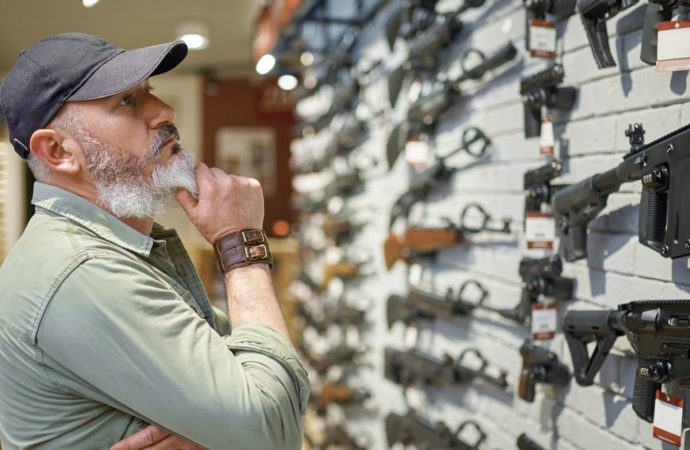In the late 1990s, a gun prohibition organization adopted a strategy previously used by Jim Crow government officials against the free press: filing abusive lawsuits designed to cripple the businesses through the sheer cost of litigation against meritless claims.
In response, most states, Colorado included, enacted legislation against such misuse of the judicial process. Eventually, the U.S. Congress enacted similar national legislation.
In 2014, the same organization that had cooked up the original suits convinced Sandy and Lonnie Philips to file a meritless lawsuit in Colorado. Although it was clear beyond doubt that the suit had no chance of success, the Philips say that the organization chose not to inform that Philips that if their case inevitably lost, they would be responsible for paying the attorney’s fees of the defendants.
When the U.S. District Court did dismiss the plainly unlawful lawsuit and awarded attorney’s fees, the gun prohibition organization, whose reported annual revenues are over 40 million dollars, refused to help the Philips.
Similarly the law firm that filed the bogus suit, Arnold & Porter, has refused to reimburse the Philips. The annual revenue of Arnold & Porter is over a billion dollars.
Part I of this Issue Paper describes the Jim Crow system of abusive tort litigation against the First Amendment.
Part II details how gun prohibition advocates copied and amplified the Jim Crow tactics, for use against the Second Amendment. In response, most states, including Colorado, enacted legislation and so did Congress.
Part III describes a new type of bill that has been introduced in Colorado and enacted in several states. The bill creates a new statute to authorize abusive suits. The bill provides no standards for what is lawful and unlawful. The bill is set up to destroy firearms manufacturers through the cost of litigation. The bill:
- Authorizes lawsuits against companies that supposedly do not have “reasonable controls,” but does not specify any “reasonable control.”
- Abolishes proximate cause.
- Authorizes suits against businesses in other states that comply with all the laws of their own state.
- Allows the Colorado Attorney General to designate a gun prohibition group to sue firearms businesses relentlessly on behalf of the Attorney General.
- Ensures that gun prohibition lawyers who win on a playing field heavily tilted in their favor, “shall” be paid by firearms businesses.
- Prevents victims of abusive lawsuits who prevail in court from recovering attorney’s fees.
- Prohibits many programs that teach firearms safety to children.
A federal district court in New Jersey has issued a preliminary injunction against a similar law.
Part IV explains why manufacturers of the two physical items specifically protected at the beginning of the Bill of Rights—printing presses and arms—should not be sued for unlawful misuse of their products by third parties.
Finally, Part V described how the gun ban group that had cooked up the junk lawsuits, and the Arnold & Porter law firm, manipulated the Philips family.








